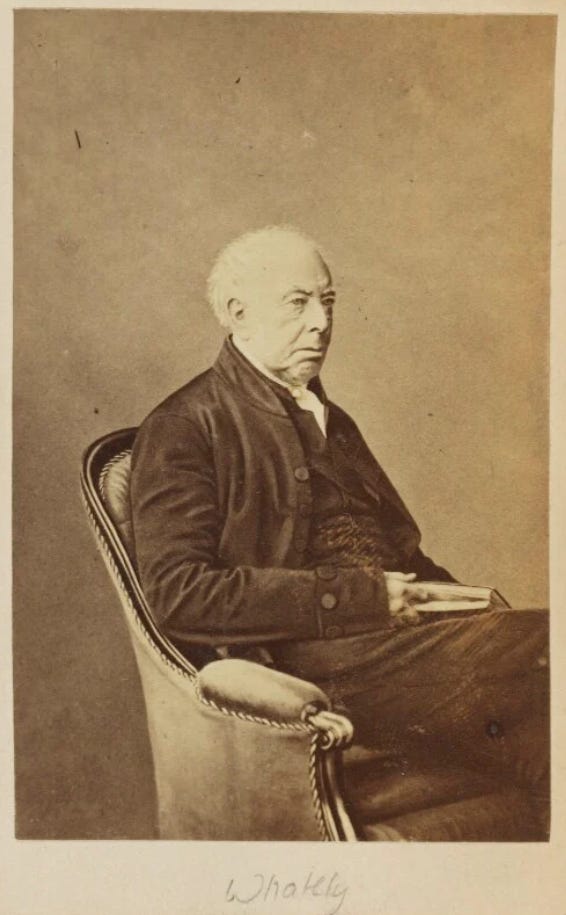“Preach not because you have to say something, but because you have something to say.”
Richard Whately
“Preach not because you have to say something, but because you have something to say.”
Richard Whately
This thought-provoking quote by Richard Whately, born on February 1, 1787, speaks to the importance of meaningful communication and the responsibility that comes with sharing ideas. Whately, an influential English rhetorician, logician, and Anglican archbishop, was known for his writings on logic, rhetoric, and religious discourse. His emphasis on clarity, purpose, and sincerity in communication is evident in this quote.
At its core, the quote underscores the distinction between speaking out of necessity or obligation and speaking with purpose and conviction. Whately warns against the superficial act of speaking merely to fill a silence or to meet an expectation. Instead, he advocates for speaking when one truly has something valuable, insightful, or significant to convey. This principle is especially relevant in contexts where words carry great weight, such as in preaching, teaching, or leadership.
Whately's quote can be interpreted as a call to authenticity in communication. He suggests that effective and impactful communication comes from a place of genuine insight or concern, rather than from the need to fulfill a role or meet others' expectations. When we speak because we "have something to say," our words are more likely to resonate with others, to inspire, inform, or persuade, because they are rooted in our true beliefs or experiences. In contrast, when we speak simply because we feel we must, our words may lack depth, passion, or relevance, leading to communication that is superficial or unconvincing.
This idea is particularly pertinent in the context of preaching, as Whately’s choice of the word "preach" suggests. In religious or moral discourse, the effectiveness of a message often hinges on the sincerity and conviction of the speaker. A preacher who speaks because they feel obligated may deliver a message that is technically correct but lacks the emotional or spiritual force needed to truly engage or move their audience. However, when a preacher speaks from a place of deep conviction or insight, their words carry more power, potentially leading to greater impact and transformation.
Moreover, Whately's quote can be applied more broadly to any form of communication, whether in writing, public speaking, or everyday conversation. It serves as a reminder to be mindful of our motivations for speaking and to strive for substance over mere expression. In a world saturated with information and communication, the value of thoughtful, purpose-driven discourse becomes even more crucial.
In essence, Whately’s quote encourages us to speak with intention and to prioritize quality over quantity in our communication. It challenges us to reflect on the reasons behind our words and to ensure that when we do speak, it is because we have something meaningful to contribute. By adhering to this principle, we can become more effective communicators, capable of making a lasting impact with our words.


